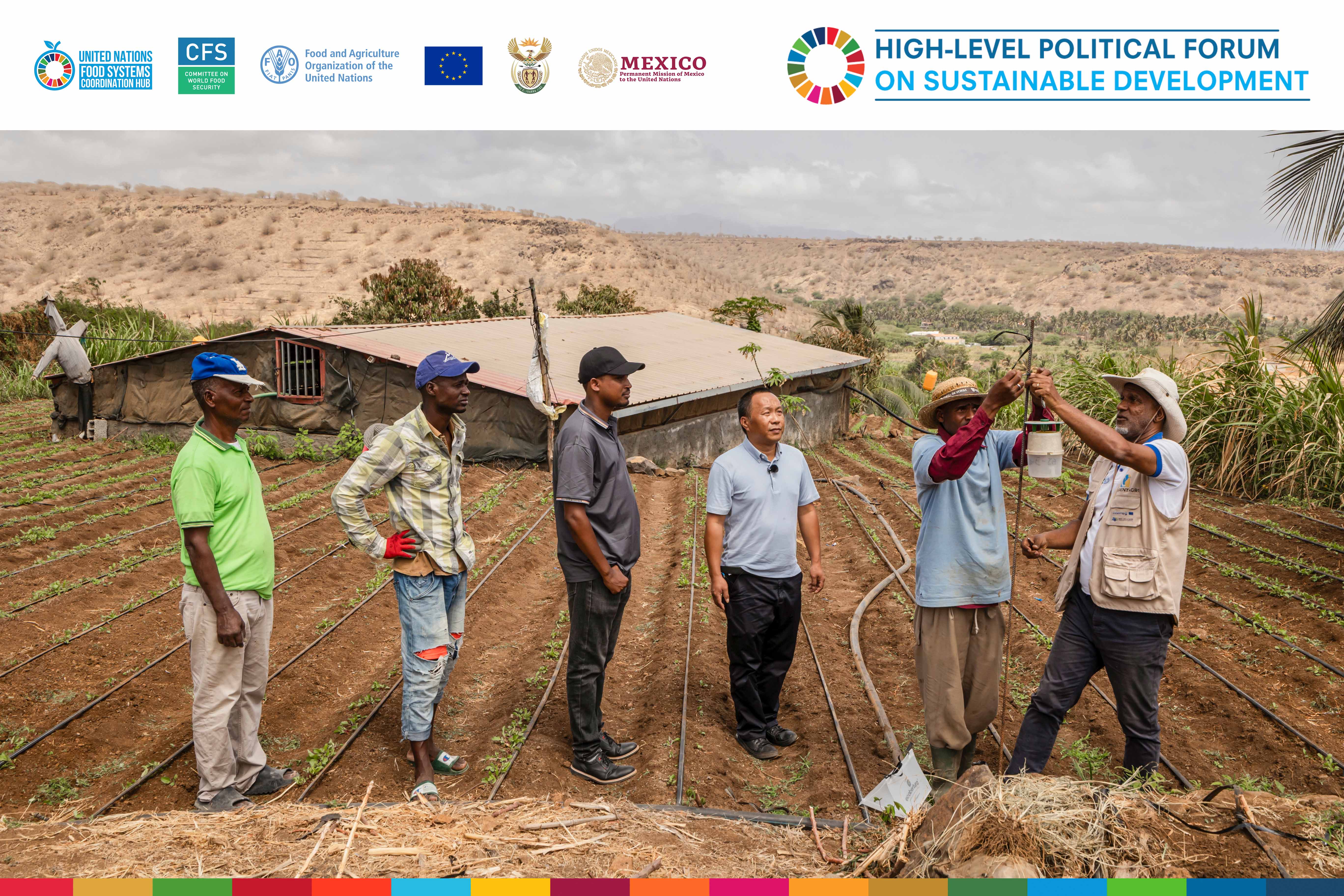SEED FUNDING JOINT PROGRAMMES
Rwanda
Resilient Food Systems: Enhanced Value Chain and Post Harvest Management





PROJECT TITLE | Resilient Food Systems: Enhanced Value Chain and Post Harvest Management |
| Context | Food systems transformation is embedded in several national policies in Rwanda, including the National Transformation Strategy, the Strategic Plan for Agriculture Transformation, the National Environment and Climate Change Policy. In 2021, Rwanda developed its National Pathway, which highlights four priority areas for the country towards 2030: ensuring food security and nutrition for all, while increasing demand for healthy diets; enhancing the environmental sustainability of food systems; improving livelihoods for farmers and all workers in food systems while building resilience to shocks; promoting inclusion of women and youth in food systems, including through enhanced financial opportunities. |
| PUNOs | FAO, WFP, IFAD |
| Contribution to SDGs | SDG 1 No Poverty; SDG 2 Zero Hunger; SDG 8 Decent Work and Economic Growth; SDG 13 Climate Action |
| Contribution to other SDG transitions | Decent Jobs and Universal Social Protection; Energy Access and Affordability |
| Duration | July 2024 – June 2025 |
| Expected financial leverage | $ 3,070,000 |
| Alignment with SG Call to Action | Policy integration; Food systems governance; Research, data, technology and innovation; Inclusive and participatory design; Private sector engagement |
| Outcomes | The JP leverages on improved post-harvest management as a strategic approach to simultaneously reduce food loss, improve incomes, and boost food availability. The JP promotes the economic integration of youth-led MSMEs and builds linkages with partners and initiatives focused on nutrition and food security to connect the dots between food production, processing and consumption. |
| Partners |
|
| Outputs |
|
Join us at our 2024 HLPF side event on the catalytic role of policy integration and inclusive governance

Watch the recording
On 12 July, the Hub, the Committee on World Food Security (CFS), Food and Agriculture Organization (FAO), the European Union, Mexico and South Africa will convene a side event at the UN Headquarters in New York. This event, “The catalytic role of policy integration and inclusive governance for food systems transformation and SDG acceleration”, will occur in Conference Room 9 from 13:15 to 14:30 (held in New York time).
The side event will feature experiences and innovative solutions on how countries, development partners and other stakeholders are putting the priorities of the Secratery-General Call to Action into practice. It will facilitate an exchange of participatory processes and the catalytic potential of policy tools grounded in the right to food, including those developed by CFS. It will focus on policy integration and implementation as well as inclusive governance mechanisms by providing a space for dialogue between different stakeholders on approaches to National Pathway operationalization and how they support Sustainable Development Goals (SDGs) 1, 2, and 13.
The side event objectives are to:
- Exchange lessons learned on developing and implementing integrated, multisectoral policies to enable food systems transformation towards achieving the SDGs.
- Share successful experiences of inclusive governance mechanisms at all levels, highlighting their role in supporting policy integration and ensuring a whole-of-society approach to food systems transformation.
- Demonstrate specific cases of countries having this inclusive multisector governance structure in place.
A UN event pass is required for attendance.
